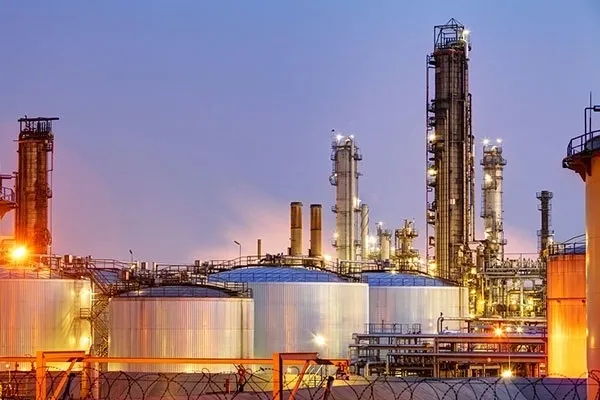A new report has shown that Europe’s biggest companies such as Shell, TotalEnergies, and others have suffered at least €100 billion in direct losses from their operations in Russia since President Vladimir Putin’s full-scale invasion of Ukraine last year.
According to the report, a survey of 600 European groups’ annual reports and 2023 financial statements shows that 176 companies have recorded asset impairments, foreign exchange-related charges, and other one-off expenses as a result of the sale, closure, or reduction of Russian businesses.
The aggregate figure does not include the war’s indirect macroeconomic impacts such as higher energy and commodities costs. The war has also delivered a profit boost for oil and gas groups and defense companies.
Ongoing Challenges and Risks
According to analysts, Moscow’s decision to seize control of the Russian businesses of gas importers Fortum and Uniper in April, followed by the expropriation of Danone and Carlsberg last month, suggests more pain lies ahead.
The report noted that more than 50% of the 1,871 European-owned entities in Russia before the war are still operating in the country, according to data compiled by the Kyiv School of Economics. European companies still present in Russia include Italy’s UniCredit, Austria’s Raiffeisen, Switzerland’s Nestlé, and the UK’s Unilever.
Even if a company lost a lot of money leaving Russia, those who stay risk much bigger losses,” said Nabi Abdullaev, partner at strategic consultancy Control Risks. “It turns out that cut and run was the best strategy for companies deciding what to do at the start of the war. The faster you left, the lower your loss.”
The report stated that the heaviest costs of withdrawal are concentrated in a few exposed sectors.
Industry-Specific Impact
Those with the biggest write-downs and charges are oil and gas groups, where three companies alone — BP, Shell, and TotalEnergies — reported combined charges of €40.6 billion.
The losses were far outweighed by higher oil and gas prices, which helped these groups report bumper aggregate profits of about €95 billion ($104 billion) last year.
Utilities took a direct hit of €14.7 billion, while industrial companies, including carmakers, have suffered a €13.6 billion blow. Financial companies including banks, insurers, and investment firms, have recorded €17.5 billion in write-downs and other charges.
Simon Evenett, an economics professor at the University of St Gallen, said, “You have a small number of companies that have taken a big hit. Once you get away from big-ticket charges, the average write-down is probably fairly manageable given the limited Russian footprint”.
He added that looking at global investment flows into Russia, “even if Europeans were the only investors there, which they are not, the country would account for just 3.5% of their total outward investments”, he said.
Company-Specific Cases and Future Outlook
According to the report, BP reported a $25.5 billion charge, announcing three days after the invasion that it would sell its 19.75% stake in state-owned oil group Rosneft.
It took TotalEnergies longer to report a total cost of $14.8 billion. The French energy group has yet to write down its 20% stake in the Yamal LNG project. Shell took a $4.1 billion charge, while Norwegian oil and gas group Equinor and Austria’s OMV have reported €1 billion and €2.5 billion respectively.
German group Wintershall Dea in January also said the Kremlin’s expropriation of its Russia business has wiped €2 billion of cash from its bank accounts. In turn, Wintershall’s owner BASF wrote down its stake in the energy explorer by €6.5 billion.
Uniper, which was bailed out by the German state last year, booked €5.7 billion in impairments, while Finland’s Fortum took a €5.3 billion hit.
Moreover, eleven carmakers took a combined €6.4 billion in charges. Renault wrote off €2.3 billion after selling its Moscow plant and the stake in Russia’s Avtovaz in May 2022.
Volkswagen reported a €2 billion write-down and in May Moscow approved the sale of VW’s local assets, including a plant employing 4,000 people, which were still valued at Rbs111.3 billion (€1.5 billion) last year, according to company disclosures.
READ ALSO: Fitch Hints of Giving Ghana Positive Rating After Successful Bond Restructuring




















